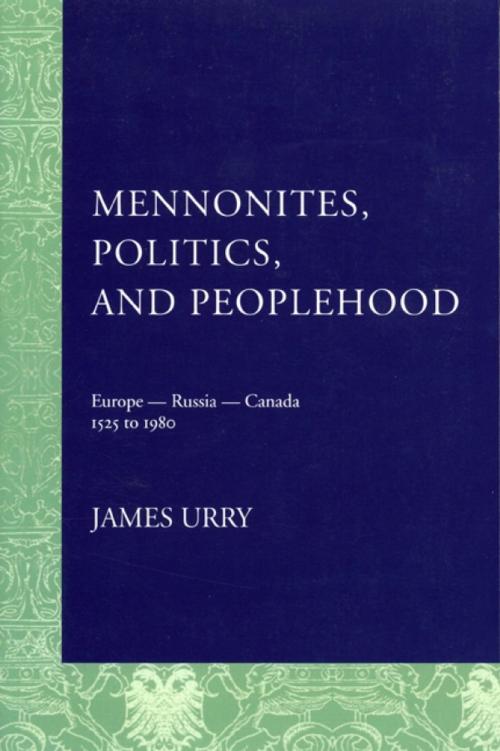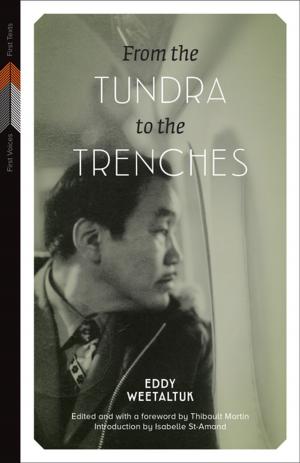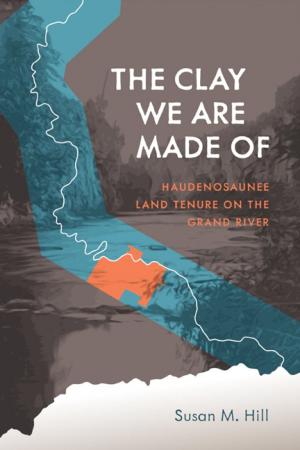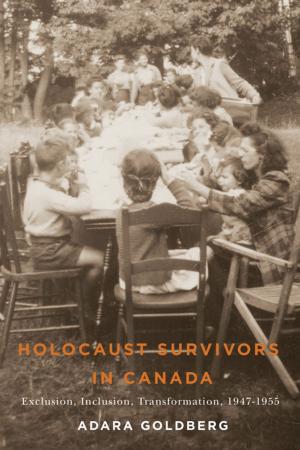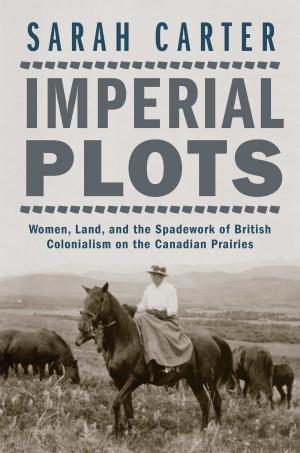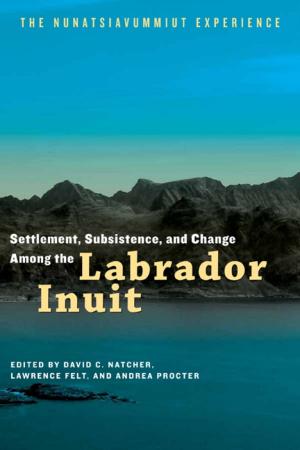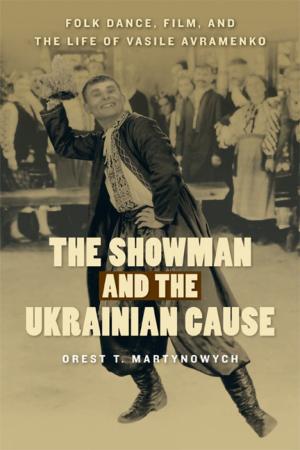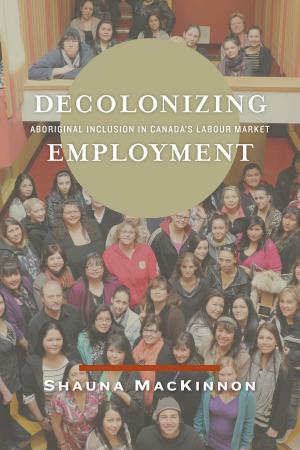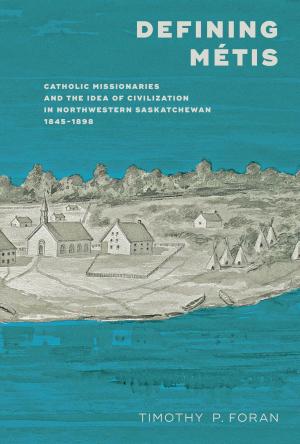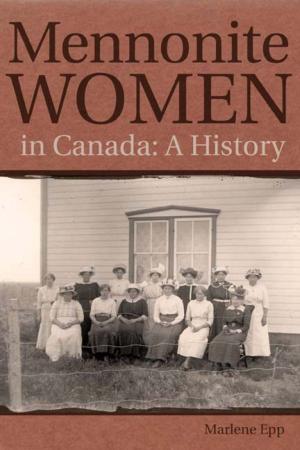Mennonites, Politics, and Peoplehood
1525 to 1980
Nonfiction, Religion & Spirituality, Christianity, Denominations, Mennonite, History, Canada, Social & Cultural Studies, Social Science, Cultural Studies, Emigration & Immigration| Author: | James Urry | ISBN: | 9780887554117 |
| Publisher: | University of Manitoba Press | Publication: | July 15, 2011 |
| Imprint: | University of Manitoba Press | Language: | English |
| Author: | James Urry |
| ISBN: | 9780887554117 |
| Publisher: | University of Manitoba Press |
| Publication: | July 15, 2011 |
| Imprint: | University of Manitoba Press |
| Language: | English |
Mennonites and their forebears are usually thought to be a people with little interest or involvement in politics. Mennonites, Politics, and Peoplehood reveals that since their early history, Mennonites have, in fact, been active participants in worldly politics. From western to eastern Europe and through different migrations to North America, James Urry’s meticulous research traces Mennonite links with kingdoms, empires, republics, and democratic nations in the context of peace, war, and revolution. He stresses a degree of Mennonite involvement in politics not previously discussed in literature, including Mennonite participation in constitutional reform and party politics, and shows the polarization of their political views from conservatism to liberalism and even revolutionary activities. Urry looks at the Mennonite reaction to politics and political events from the Reformation onwards and focusses particularly on those people who settled in Russia and their descendants who came to Manitoba. Using a wide variety of sources, Mennonites, Politics, and Peoplehood combines an inter-disciplinary approach to reveal that Mennonites, far from being the “Quiet in the Land,” have deep roots in politics.
Mennonites and their forebears are usually thought to be a people with little interest or involvement in politics. Mennonites, Politics, and Peoplehood reveals that since their early history, Mennonites have, in fact, been active participants in worldly politics. From western to eastern Europe and through different migrations to North America, James Urry’s meticulous research traces Mennonite links with kingdoms, empires, republics, and democratic nations in the context of peace, war, and revolution. He stresses a degree of Mennonite involvement in politics not previously discussed in literature, including Mennonite participation in constitutional reform and party politics, and shows the polarization of their political views from conservatism to liberalism and even revolutionary activities. Urry looks at the Mennonite reaction to politics and political events from the Reformation onwards and focusses particularly on those people who settled in Russia and their descendants who came to Manitoba. Using a wide variety of sources, Mennonites, Politics, and Peoplehood combines an inter-disciplinary approach to reveal that Mennonites, far from being the “Quiet in the Land,” have deep roots in politics.
